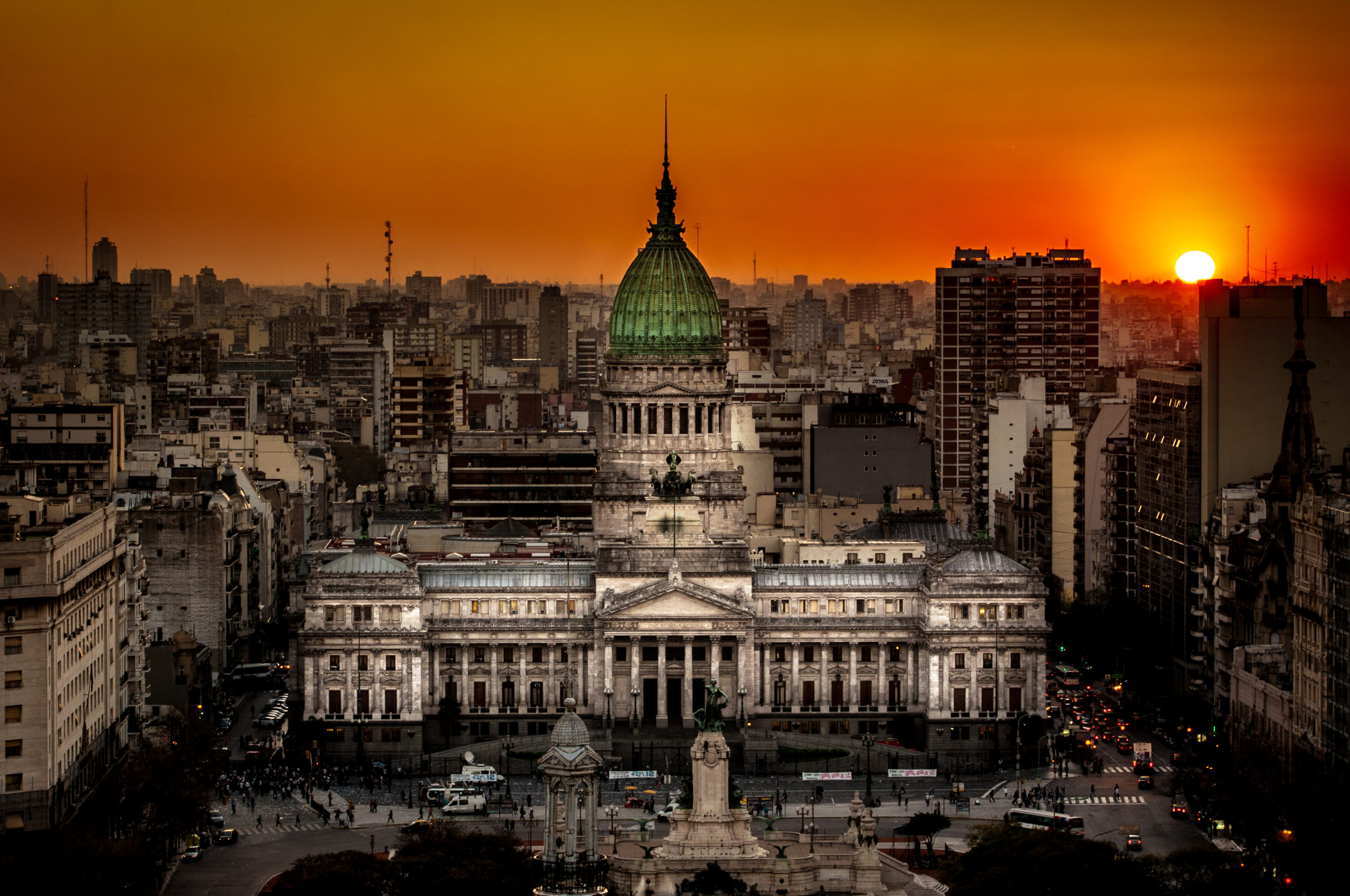RIO DE JANEIRO, BRAZIL – The defeat suffered by the ruling party in Argentina in last Sunday’s legislative primaries led to a crisis within Alberto Fernández’s government, which erupted this Wednesday with the decision of several ministers to resign their cabinet positions.
According to official sources, the Minister of the Interior, Eduardo “Wado” de Pedro, and at least four other ministers, all of them members of the Kirchnerist wing of the government, led by the former President and current Vice-President, Cristina Kirchner, submitted their resignation to the President for his consideration.
Read also: Check out our coverage on Argentina
“Listening to your words on Sunday night, where you raised the need to interpret the verdict expressed by the Argentine people, I have considered that the best way to collaborate with that task is to place my resignation at your disposal”, wrote De Pedro in the letter addressed to Fernández.

Local media assured that, in addition, other lower-ranking Kirchnerist officials have also submitted their resignation to Fernández for his consideration.
The head of state has not yet defined whether or not to accept the resignations, a crossroads that could completely redefine a cabinet divided between Kirchnerists and Albertistas.
ECONOMIC MANAGEMENT IN THE SPOTLIGHT
Rumors about an eventual renewal of the cabinet have been circulating for months. Still, the hard electoral setback suffered by the ruling party last Sunday triggered a new wave of versions about alleged pressures from Kirchnerism to make changes in key ministries, especially in the economic area.
Among those questioned by sectors of Kirchnerism is the Minister of Economy, Martin Guzman, who on Wednesday headed an act together with Fernández.
Criticism points to the actions of greater fiscal discipline adopted in recent months by Guzmán, to the detriment of aid to vulnerable sectors and a middle class that, after the severe recession of 2018-2020, the blow of the pandemic and very high inflation rates, have seen their purchasing power cut, factors that, according to them, affected the performance of the ruling party at the polls.
One of the central figures of Kirchnerism, the governor of the province of Buenos Aires, Axel Kicillof, had said on Tuesday that the government should now focus on restoring income, especially of the hardest-hit sectors.
This would imply a fiscal relaxation difficult to manage when Guzmán himself is negotiating against the clock an agreement with the International Monetary Fund (IMF) to refinance debts for 45 billion dollars.
It will be the draft Budget 2022 that will reveal whether Guzman will opt to go or not towards fiscal balance. Still, both the minister and Fernández anticipated this Wednesday that the budget initiative takes for granted that the country will seal an agreement with the IMF because, otherwise, it cannot face the commitment to pay the organization US$19 billion next year.
ITS OWN AND ITS SUPPORTERS
In the midst of the political crisis and the gale of rumors about the decision that Fernández will finally make, the President, besides publicly showing himself together with Guzmán, met this Wednesday with his closest ministers.
He also met with Aníbal Fernández, a Peronist leader who held key ministerial positions during the governments of Néstor Kirchner (2003-2007) and Cristina Kirchner (2007-2015), where he shared the cabinet with Alberto Fernández himself.
Aníbal Fernández showed his support to the president, as did Héctor Daer, one of the heads of the Peronist General Confederation of Labor, the largest labor federation in the country. At the same time, the Evita social movement called for a march to Plaza de Mayo this Thursday under the slogan “¡fuerza, Alberto!” and the unity of the ruling front.
Meanwhile, Sergio Massa, president of the Chamber of Deputies and head of the Peronist Frente Renovador, which is part of the ruling coalition, met this Wednesday with the members of his political space.
Like Alberto Fernández, Massa was chief of Cabinet in Cristina Fernández’s government and, like the current president, he eventually became a critic of the current vice-president’s administration, until the three of them came together again in 2019 for the presidential elections of that year that returned Peronism to the Casa Rosada.

